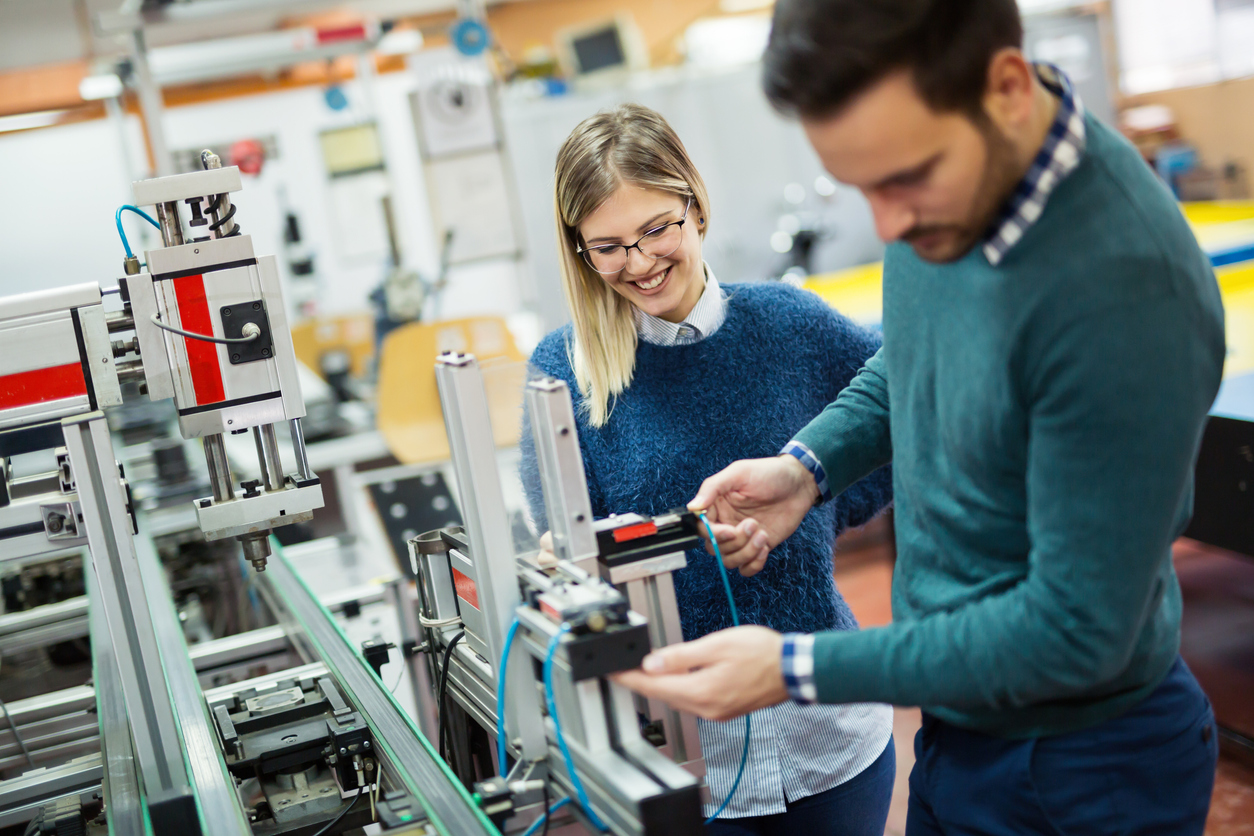The Higher School of Economics Proposes Measures to Unlock the Potential of Science in Russian Universities

© Essentials/ iStock
Speaking at the Professor’s Forum on February 7, Yaroslav Kuzminov, Rector of the Higher School of Economics, noted that science in Russia, especially in Russian universities, is underfunded, and suggested several steps to support Russian researchers and help them reach their full potential.
One of the important tasks, in Yaroslav Kuzminov’s view, is supporting publication activity in universities in other regions of Russia. Today many universities throughout the country have programmes in place to encourage professors and instructors to publish their research—and of these programmes, 90% are focused primarily on Russian journals. Indeed, there are currently over 500 Russian journals that are included in the global data base Scopus (and more than 150 in Web of Science). It is clear that a huge number of authors would like to publish in journals such as these, but due to strict quality requirements for publications, editors reject up to 80% of submissions.
‘Our scientists in other regions often find that their articles are rejected by key scientific journals because of the peer review process—with prestigious journals this is common. Researchers don’t have time for perfecting their material—they are overloaded and know that the resubmission process for such journals is not a simple task requiring a mere hour or two. As a result, the researcher chooses to submit his or her work to a less prestigious journal. The article is published, but it goes unnoticed; this is a common occurrence,’ Professor Kuzminov said. ‘We lose a great deal of research material that otherwise might have garnered interest from the academic community due to a simple lack of experience. So let’s help our colleagues with this. The results could be significant.’
In order to increase the representation of universities from other regions of Russia in the global scientific sphere, it is necessary to create support systems for authors with innovative ideas and results, but who are not yet able to adequately present them. At HSE, for example, we have the Academic Writing Centre. The Centre not only helps university faculty prepare materials for peer-reviewed international journals, but also organizes seminars and programmes for those who would like to improve their written work. Samara University, Tomsk Polytechnic University, Tomsk State University and a number of Russian universities have similar centres.
As Yaroslav Kuzminov suggests, the editorial offices of Russian journals, including those published by leading universities, which are now focusing special attention on publishing high-quality work, could offer forms of mentorship for perspective authors — something like an ‘academic workshop’ where experienced editors help authors refine promising articles in order to meet the journals’ standards.
Another potential way in which regional universities could foster the research activity of their faculty could be to create additional support programmes for emerging scientists, such as internships at leading universities, joint research centers and laboratories at leading and regional universities, as well as to take new measures — primarily financial ones with state participation — to retain the best scientists.
For example, in 2018 HSE implemented a new programme for Russian postdocs. The programme now employs 24 postdocs who, upon being selected, have been awarded one-year contracts as academic employees. The postdocs enjoy access to all the resources HSE has to offer for research, mobility, advanced training.
This year, the Higher School of Economics plans to launch another internship programme for external specialists and graduate students, for a shorter stay and without employment. ‘We do not want to limit the pool of our candidates by age,’ says Professor Kuzminov. ‘The main thing we are interested in is a mutual interest between the intern and the hosting department and a well-developed internship programme. In 2-3 years, we plan to increase the number of participants in this programme to 300 people. ”
These measures, in Rector Yaroslav Kuzminov’s view, will strengthen bilateral ties and collaboration between Russian universities, which in turn will foster the development of the new generation of scientists in Russia.
See also:
Research Priorities Should Depend on the Future Demand for Technology
On February 8, we celebrated Russian Science Day. The recently released report entitled, ‘Russian Science in Figures’, compiled by HSE’s Institute for Statistical Studies and Economics of Knowledge, details the current state of science funding, the percentage of the population in scientific jobs, and scientific research. Leonid Gokhberg, director of ISSEK and the first vice-rector of HSE, told us more about it.
Russian Science, An Insider’s View
February 8th is Russian Science Day. How do people, directly involved in the process of generating and advancing new knowledge - scientists, entrepreneurs and public servants - assess the health and potential of Russian science today? Here are the results of a survey by HSE researchers in which experts, representatives of government bodies, scientific organisations, universities, hi-tech companies and social organisations express their views on the state of science in Russia and what should be done to improve it.


